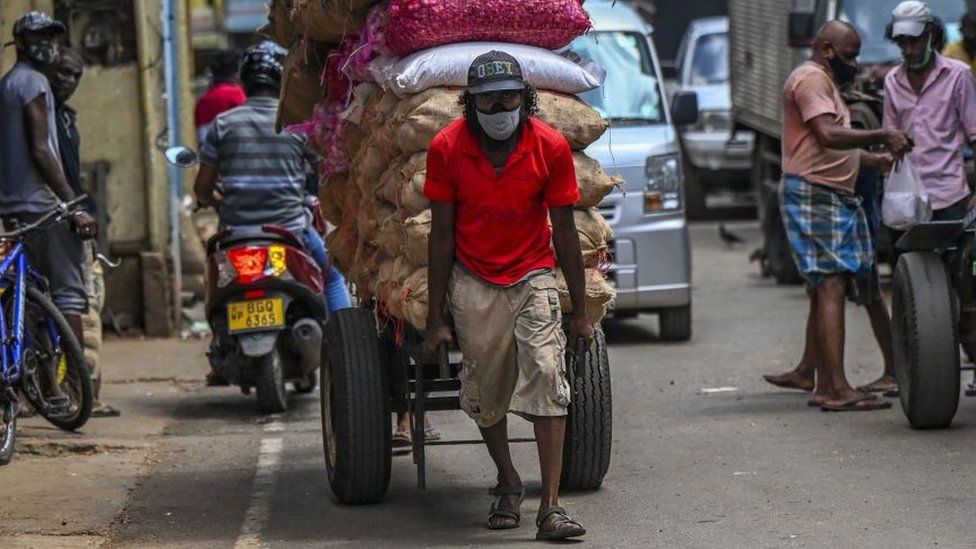
Sri Lanka’s Parliament approved a nationwide food emergency in Sri Lanka. The President’s declaration is to control prices of food and prevent people from hoarding staples during the shortage. Read to know all about it.
Sri Lankan government declares a food emergency

The Sri Lankan government on Monday said that the emergency was crucial to prevent prices from soaring high and prevent the ‘food mafia’ from hoarding staples. Unfortunately, it adds to the uncertainty of the country’s food crisis. However, the oppressions believe it is “in bad faith, with the ulterior motive of further restricting fundamental rights of the citizenry and moving further in the direction of authoritarianism”.
The Sri Lankan government’s judgment is to fix the prices of essential items. This has in turn hit imports since traders are unwilling to buy at high prices without the promise of higher returns in Sri Lankan markets. Additionally, there is a restriction importing regime. This food emergency was disclosed under the legal framework of the ‘Public Security Ordinance (PSO).
Not just a food crisis: Added debt, inflation, and forex crisis to the mix

Sri Lanka faces problems with a variety of crises and problems. It faces a low forex reserve hence, Sri Lanka is unable to import as much as it did in the past. The country is unable to repay its foreign debt burden due to critically low foreign trade reserves. With an all-time low and the destruction of the tourism industry since the Easter attacks in 2019, it lost its main source for foreign exchange. Additionally, Sri Lanka’s garment and tea industries are also hit by the pandemic.
The remittances increased in 2020. Hence, Sri Lanka’s foreign exchange reserves are at $2.7 billion. However, it needs to pay about $4 million in debts. Sri Lanka obtained $1.5 billion and $50 million respectively from China and Bangladesh. Additionally, a $400 million current swap ith India is still being processed. Currency swaps are agreements of loan for repayment with interest in local currency.






